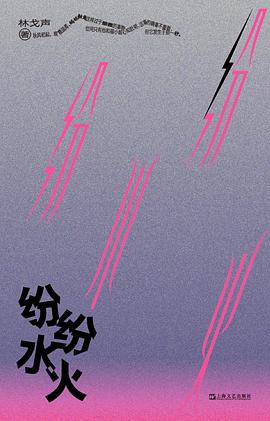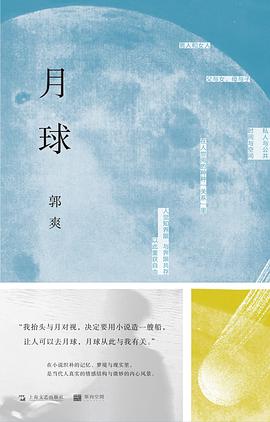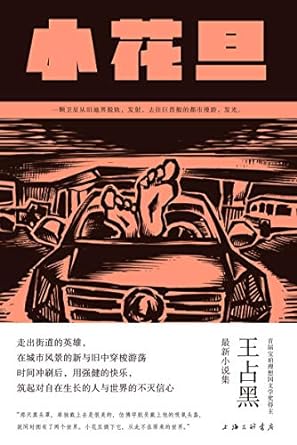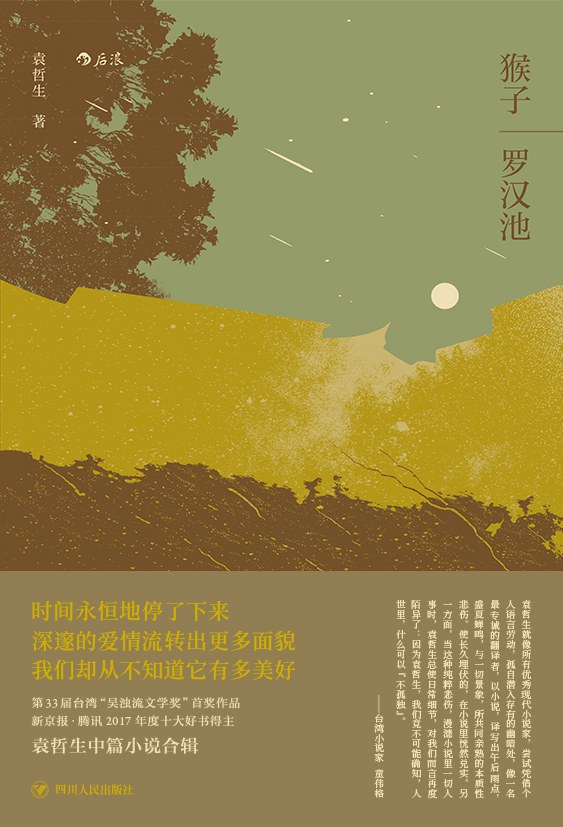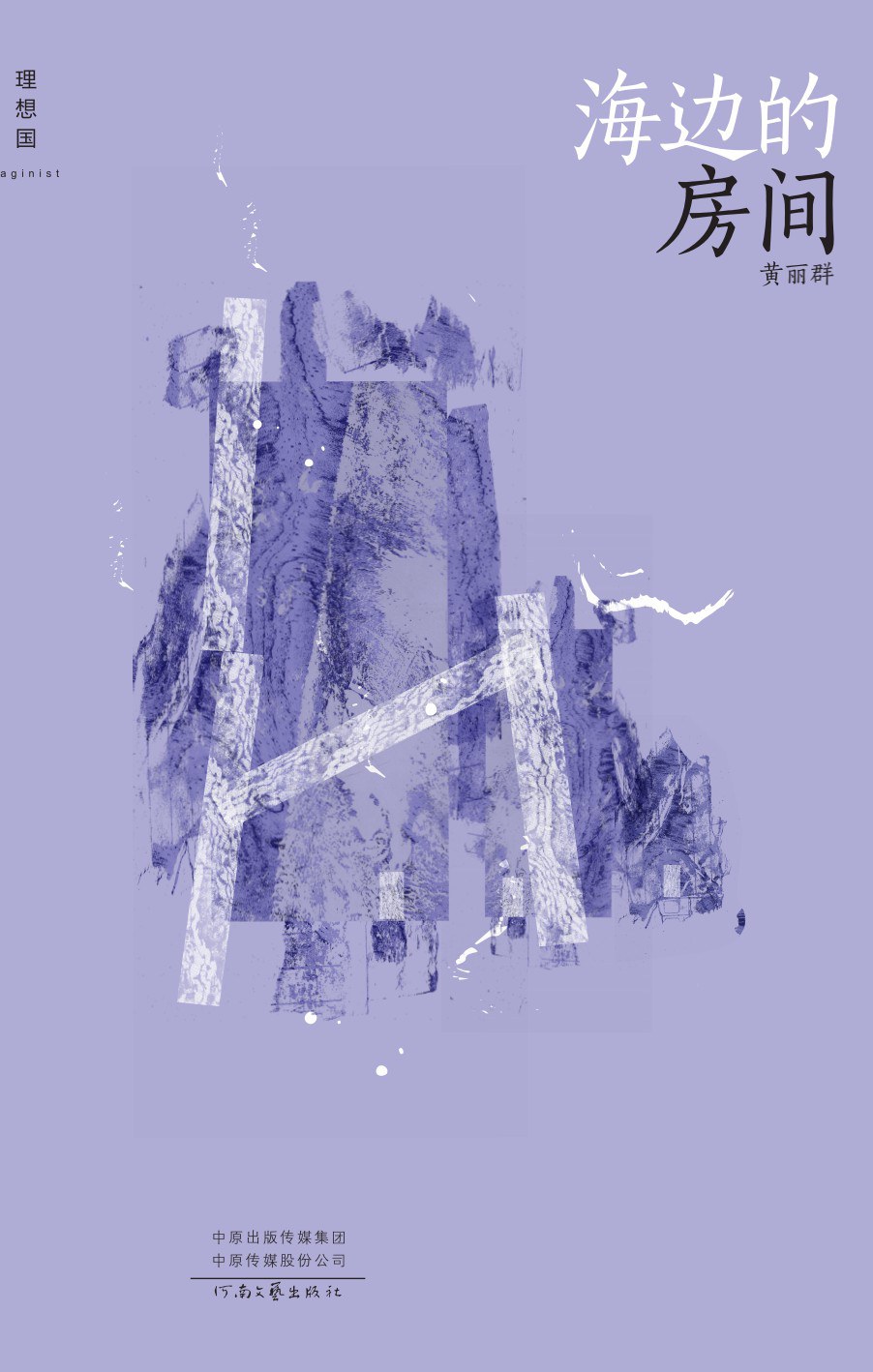In the 17th century, a ghost-obsessed Chinese scholar set up a roadside tea stand, where he would treat travelers and passersby to free drinks in exchange for strange tales they knew. Many of these stories, polished and reimagined by their compiler Pu Songling (蒲松龄), would go into Strange Tales from A Chinese Studio (聊斋志异), one of China’s most beloved works of literary fantasy and an early example (along with Tang Legends 唐代传奇) of its short story tradition.
Sinophone short stories today are a hybrid of Western and classical Chinese traditions. Compared to Pu’s work, they are more fleshed out with longer dialogue, detailed descriptions and solid characterization. Yet they retain elements of their origins: a meandering quality that doesn’t subject itself to the Western conventional dramatic arc; a penchant for fantastic imagery and sensuality; and roots in a rural oral storytelling tradition. The Chinese publishing ecosystem helps, too: with dozens of well-funded prestigious literary journals, writers are incentivized to produce short stories (perfect for readers’ hour-long subway commutes).
Below are five recent collections of modern Chinese short stories, as yet untranslated into English. Of course, it’s risky to generalize, as each field has its outliers and rule-breakers. There are also differences between short stories from mainland China (where the thread of traditional culture was broken by the Cultural Revolution) and the rest of the Sinophone world. This list hopes to convey a diversity of these voices, who have woven tales that transcend the traditions of their predecessors, as part of a new wave of writing to surprise, challenge and change your minds.
Water and Fire Pouring Down
纷纷水火
A golden fireball drops into a lake in a nameless Chinese city. Children, park staff and livestreamers begin disappearing, one after another. Those who survive, or come into contact with survivors, find their bodies fusing with non-human objects: trees, walls, the ground. Soon, the city puts its citizens under lockdown. As first responders try their best to contain the destructive force, one researcher cracks the code-like messages left behind by the victims. But in order to prove his theory, he needs to pay the price with his own erasure from people’s memories. Covid parallels and satire loom large in this literary debut by Lin Gesheng, author of three speculative novels. Deftly blending elements of horror, detective fiction and sci-fi, the gripping titular story serves as the perfect vessel for the traumatic experience of Chinese under lockdowns during the past few years, as they went through fear, grief and voluntary or forced amnesia.
Planet Moon
月球
Journalists can often make good fiction writers, and Guo Shuang is one of them. Having worked as a reporter and editor in mainland China for 10 years, she turned to fiction writing in 2014, and in 2017 won a lucrative literary award in Taiwan. Set in contemporary China, Guo’s second short story collection focuses on relationships that bend social norms and resist simplification. Two former reporters bond over an aborted investigation that has haunted them for years; an art teacher takes her father on a group trip to Moscow, only to discover a hitherto unknown side to him; two friends anchor themselves to each other over the years, as they venture into the world; a son, suffering from a chronic illness, encourages his mother to rediscover herself. Grounded in reality as they are, these stories shine with a dreamy, fairy-tale-like quality — just as the moon itself is both a solid planet and a timeless symbol.
Little Actress
小花旦
With three acclaimed short story collections under her belt at the age of 33, Wang Zhanhei is recognized by many as the voice of her generation, embodying the spirit of a flâneur as she strolls around cities to collect anecdotes for her fiction. This sense of freedom and fluidity permeates her latest collection, the titular story of which follows a barber from his blue-collar neighborhood into the heart of Shanghai, where he finds a sense of belonging in an underground queer community. For those who reached adulthood in the early aughts, Wang’s work provides an opportunity to reminisce about a past that was by no means perfect, but at least hopeful. The contrast between that past and the present is stark. Although this collection was published before the pandemic, it hints at what was to come with its attention to declining supermarkets, aging communities, and young people who take it upon themselves to remember and dignify what has been lost.
The Monkey and the Buddha Pond
猴子·罗汉池
These two novellas, originally published in 2003 and collected together in this reprint, represent some of Yuan Zhesheng’s best works, at the pinnacle of modern Taiwanese literature. Both stories are set in bygone eras. “The Monkey” is a coming-of-age story of a boy growing up in a military dependents’ village, for the families of Kuomintang soldiers. “The Buddha Pond” chronicles a love triangle between the daughter of a singsong girl (high-class prostitute), the apprentice of a wood sculptor, and the disciple of an old monk. First-time readers may be struck by Yuan’s deceptively simple yet highly distilled language, which massages away pain and sorrow in precise descriptions. The village on a rainy day is “soaked in a glass of boiled water that has gone cold.” The pet monkey’s iron chain dragging on the ground sounds like “a traditional craftsman working away on a wet and quiet dark night.” With evocative details and masterful use of dialect, Yuan perfectly captures his characters’ heartbreak and regret.
A Room by the Sea
海边的房间
Reading Taiwanese writer Huang Liqun’s stories is like being inside a high-pressure cooker. Cooking inside are unfulfilled desires, acute loneliness, misguided obsessions — a recipe for disaster. Huang’s experience as a screenwriter enables her to summon an eclectic range of characters (an acupuncturist, a weightlifter-turned-real-estate-agent, a fortune teller, a ghost turned into a WiFi signal) and convincingly interweave their professions into their personalities and trajectories. As diligently as they lead their lives, her characters are burdened by invisible forces, from gender stereotypes to a paralyzing sense of fate, and their stories invariably end with a shrill scream. But this doesn’t mean that the collection is dreary. On the contrary, A Room by the Sea is enormous fun to read. First published in Taiwan in 2012 and now available in mainland China, these stories are probably close to what Pu Songling would have written were he alive today. ∎


